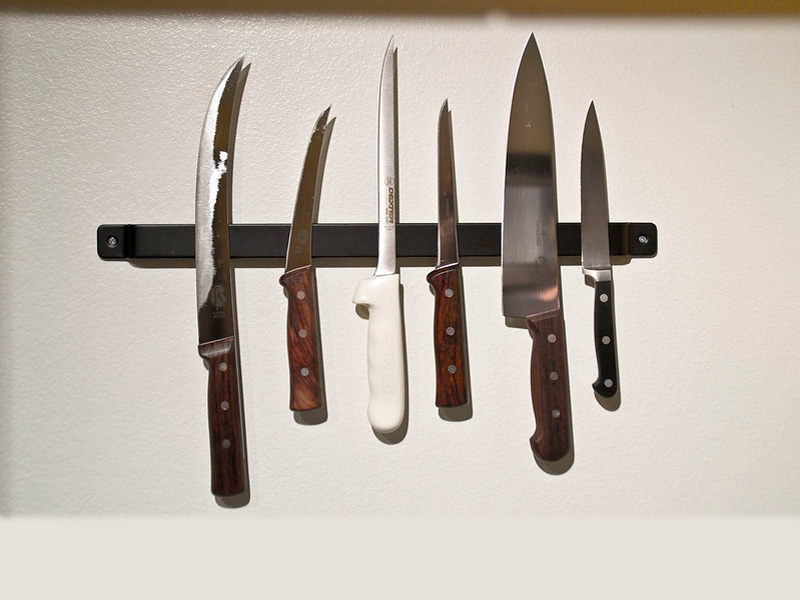
Possession of an offensive weapon is an offence if it is in public and without lawful authority or reasonable excuse. A weapon can be offensive as a matter of course (it is made for use of causing injury), adapted for such a purpose, or not adapted but carried with the intention of causing injury.
One of the key elements of the offence is that the weapon is carried in public, rather than being possessed in private, indoors. That is now not the case in respect of certain weapons.
The weapons that are banned in public by the Criminal Justice Act 1988 are now banned in private. This means that weapons such as zombie knives, shuriken, death stars and knuckle dusters can no longer be kept in your home. The ban also covers cyclone knives, spiral knives and rapid-fire rifles.
A new legal definition now covers flick knives, they have been unlawful since 1959, but now more knives will be covered. The definition is now:
“any knife which has a blade which opens automatically –
(i) from the closed position to the fully opened position, or
(ii) from a partially opened position to the fully opened position,
by manual pressure applied to a button, spring or other device in or attached to the knife, and which is sometimes known as a “flick knife” or “flick gun”; or
any knife which has a blade which is released from the handle or sheath thereof by the force of gravity or the application of centrifugal force and which, when released, is locked in place by means of a button, spring, lever, or other device, sometimes known as a gravity knife.”
The offence of unlawfully possessing a firearm is covered by section 54 of the Offensive Weapons Act 2019. It includes any rifle with a chamber from which empty cartridge cases are extracted using energy from propellant gas. The offence carries up to ten years imprisonment. The offence of possessing other weapons covered by the new ban carries up to six months imprisonment.
From December 2020 to March 2021, the government ran a scheme to allow the surrender of any of these weapons and claim compensation for them. During that time, 14,965 knives, 1,133 rapid-fire firearms and 32,000 ancillary items were surrendered, with 829 claims for compensation processed.
With this ban coming into force, the government has also issued a reminder about upcoming changes to the legal definition of “antique firearm”. In March, the Antique Firearms Regulations 2021 provided a legal definition for the first time. According to the government, the aim was to prevent the exploitation of a lack of clarity in law to gain possession of such weapons for use in crime. The definition is a firearm manufactured before 1st September 1939.
As a result of these regulations, owners have until 22nd September 2021 to apply to the police for a firearms certificate to allow legal possession. If you do not want to apply for a firearms certificate, the same date applies for the surrender, sale or other disposal of the firearm.
Contact Broadbents Solicitors
We ensure we keep up to date with any changes in legislation and case law so that we are always best placed to advise you properly. If you would like to discuss any aspect of your case, please contact Broadbents Solicitors. We cover various fields of law, ensuring that you have access to expert legal advice. You can call our dedicated team today: Alfreton 01773 832 511, Derby 01332 369 090, Heanor 01773 769 891, or Sutton-in-Ashfield 01623 441 123. Alternatively, you can head over to our online contact form and we’ll be in touch.




